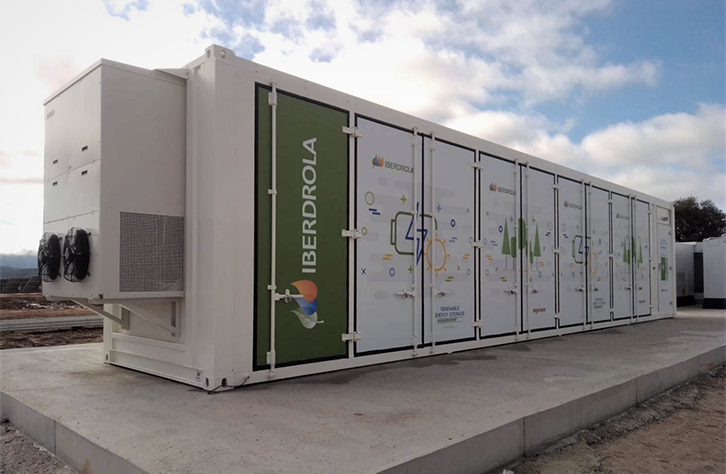Policy
Advertisement
Advertisement
Advertisement
Latest News
Advertisement

EU Battery Regulation is coming
Manufacturers and suppliers of batteries for photovoltaic energy storage must meet more extensive requirements under the new EU battery regulation. Many companies are still unsure what this means for their product design, processes, and management systems. Yalcin Ölmez, head of the operational and investment risks department at German testing body TÜV SÜD, explains what companies now need to consider.

Brazilian regulator Aneel opens new consultation on energy storage rules
Brazilian electricity regulator the Agência Nacional de Energia Elétrica (Aneel) has suggested energy storage sites not pay charges for both charging and discharging into the grid and that such facilities should benefit from revenue stacking.

Storage will be key to modernizing Brazil’s electricity sector
Brazil’s energy storage sector must attract R47 billion ($7 billion) in investments by 2030, according to the Brazilian Energy Storage Solutions Association (Absae). Stakeholders are in the process of creating a regulatory framework for energy storage.

Key takeaways from Spain’s AEPIBAL Day energy storage event
While the AEPIBAL Day (AD) event featured positive policy announcements, association president Luis Marquina said energy storage projects need priority designation to speed their deployment and must continue to be eligible for the Strategic Projects for Economic Recovery and Transformation (PERTE) subsidy program.
All Policy news
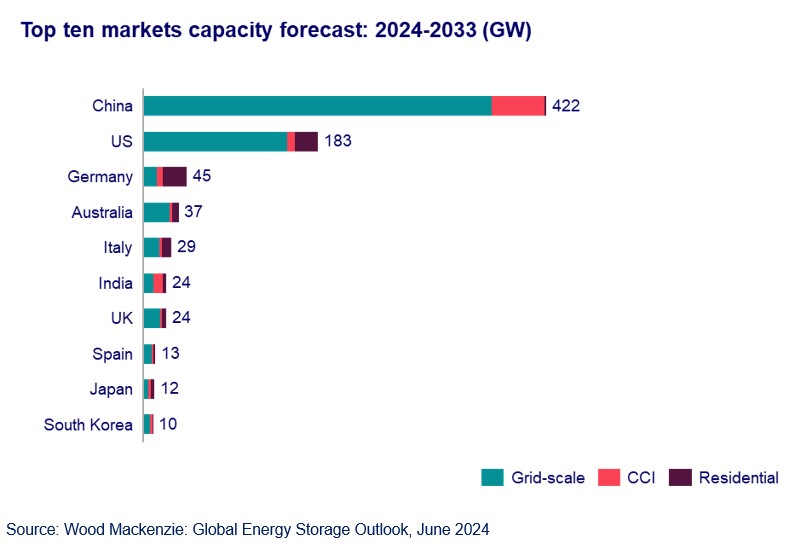
Global energy storage fleet to surpass 1 TW/3 TWh by 2033, WoodMac says
According to the latest forecast from Wood Mackenzie, the global energy storage market (excluding pumped hydro) is on track to reach 159 GW/358 GWh by the end of 2024 and grow by more than 600% by 2033, with nearly 1 TW of new capacity expected to come online.
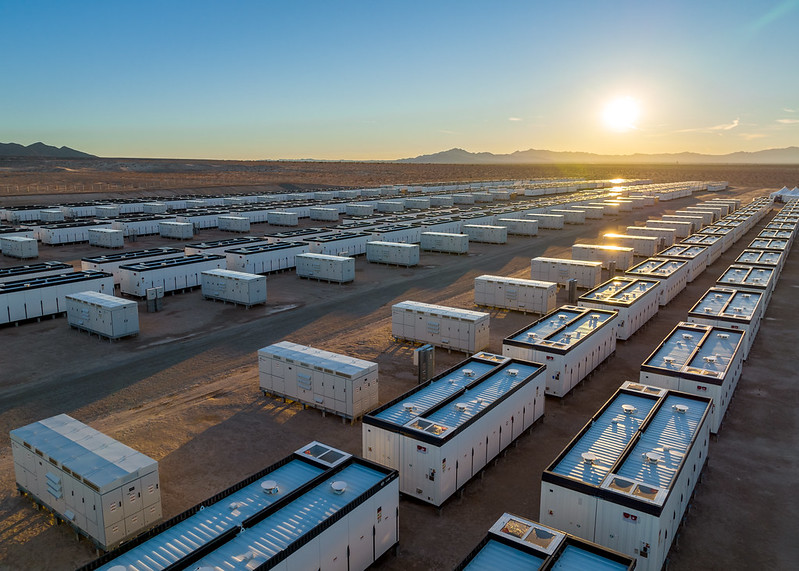
Battery storage deployment in Canada kicks into gear
The deployment of battery energy storage systems (BESS) in Canada is picking up the pace, with the announcement of a 705 MWh battery storage system delivery to Nova Scotia by Canadian Solar's e-STORAGE and various other projects in provinces across the country. However, this surge cannot come quickly enough says Energy Storage Canada.
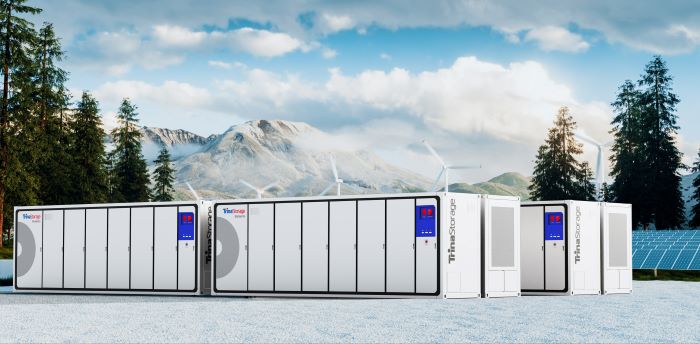
Interview with Trina Storage: We expect consolidation in the coming years
In a recent interview with pv magazine Italia, Gabriele Buccini, head of utility storage at Trina Solar, talked about the company's vertical integration and its forecasts for the storage market. “There is enough capacity available to drive prices down in 2024 in an anomalous way,” Buccini said when talking about global battery energy storage production levels.
Advertisement
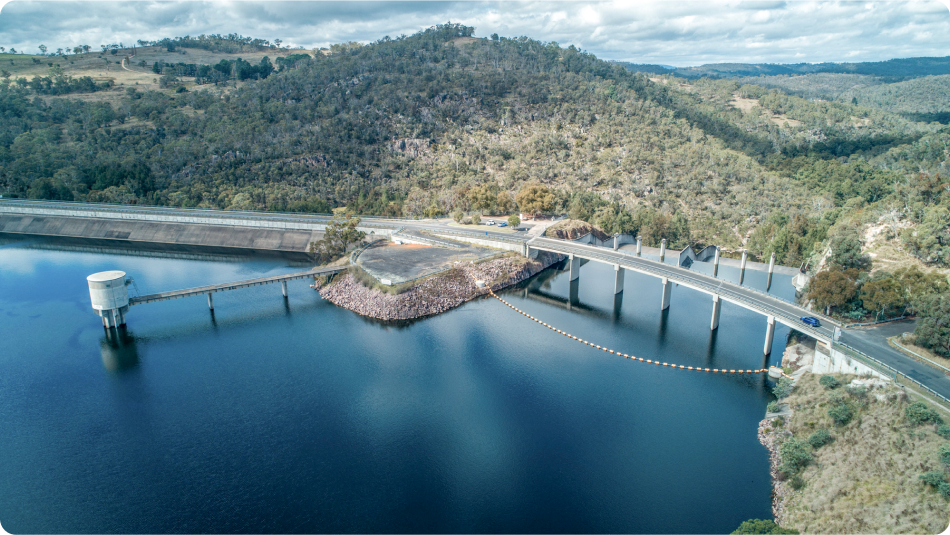
Pumped hydro projects declared high priority by NSW state government in Australia
Three pumped hydro projects that would deliver a combined 1,035 MW / 9,480 MWh of dispatchable capacity are among six projects that have been declared critical state significant infrastructure by the New South Wales (NSW) state government in Australia, potentially smoothing the way for their approval.
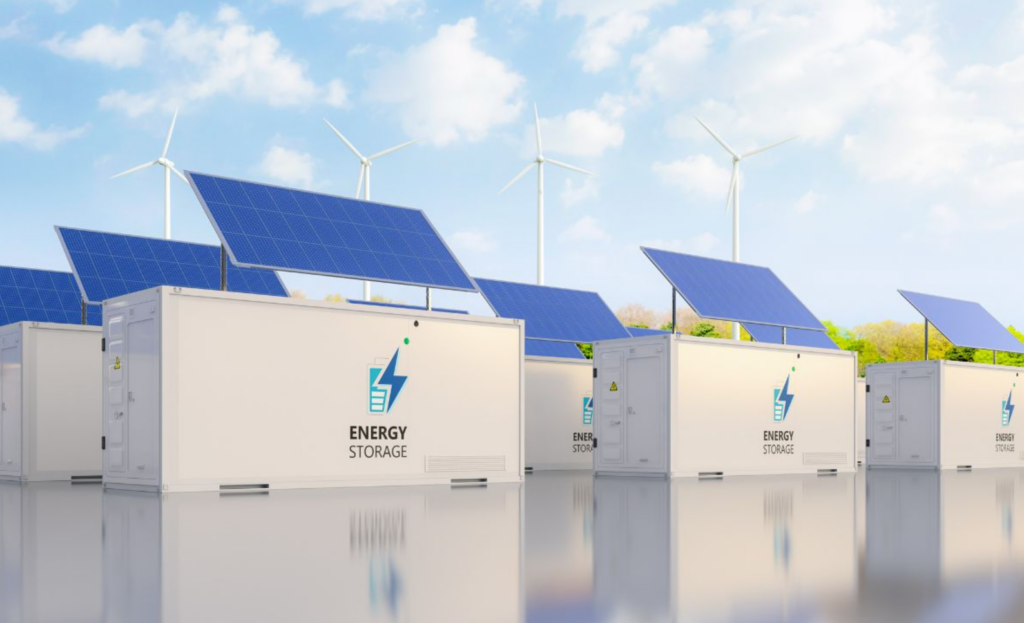
Western Australia’s capacity tender seeks 2 GWh of energy storage
The ball is rolling on the Australian government’s pending Capacity Investment Scheme Tender 2 focussing on the Western Australian Wholesale Electricity Market and which seeks an indicative target of 500 MW of four-hour equivalent dispatchable capacity, or 2,000 MWh.
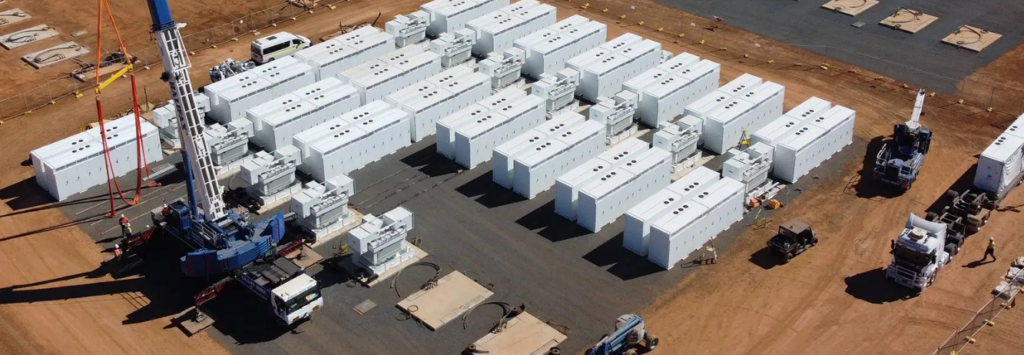
Rhode Island enacts energy storage law, targeting 600 MW by 2033
With the signing into law of the 2024 Energy Storage Systems Act, Rhode Island is targeting 90 MW of energy storage by 2026, 195 MW by 2028, and 600 MW by 2033. The state is also aiming to meet 100% of its electricity demand renewables by 2030.
Advertisement

In Conversation: ‘Good time to be battery storage developer’
At Intersolar Europe 2024, ESS News spoke with George Hilton, research and analysis manager at S&P Global, about the state of play in the battery energy storage supply chain and falling prices. According to Hilton, the overcapacity at every level of the supply chain has led to prices that are no longer sustainable for many market players. Meanwhile, technological innovation has led to an unprecedented variety of battery storage technologies on offer, and for a great number of markets the right time to jump in is now.
Advertisement
